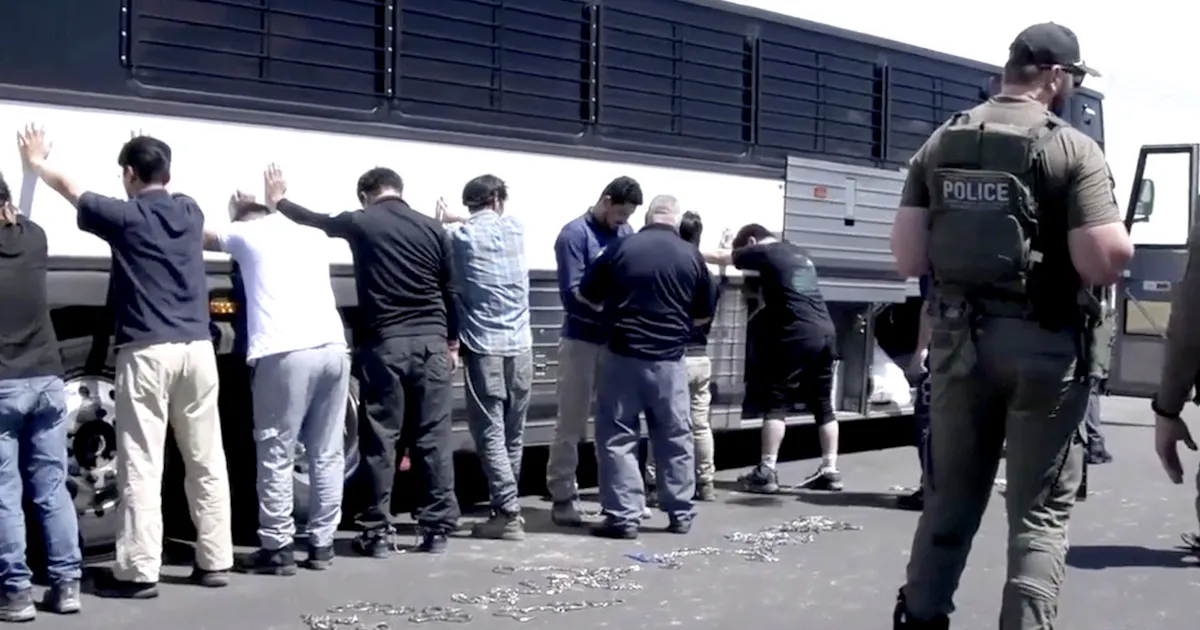By Kate Aronoff
Copyright newrepublic

Evidence of this failure is all over the place, including in the jobs numbers. The same day as the raid in Georgia, the Bureau of Labor Statistics announced that employment in the U.S. manufacturing sector—which Trump pledged to revive through tariffs—has instead fallen for four months straight, having dropped by 12,000 jobs in August alone. Since last August, domestic manufacturers have hemorrhaged a total of 78,000 jobs. To distract from the losses, it seems, the administration is falling back on its favorite scapegoats: foreigners and green energy technologies.
Whether in Los Angeles, Boston, or the Savannah suburbs, the White House’s attempts to terrorize migrant communities are part and parcel of a plan to revive manufacturing that’s as cruel as it is stupid. Factories need to be built, and nine out of 10 construction firms now report openings for construction craft workers such as masons and equipment operators. Like many other parts of the economy, the building sector relies heavily on foreign-born workers. Republicans would like to deport as many of them as possible, supposedly to allow U.S.-born workers to take those jobs. ICE contends that “many” of the people detained on Friday were “fraudulently using visitor visas.” The exact nature of the detainees’ work remains unknown. The battery plant that was raided was still under construction, and due to begin production in late 2025 or early 2026.
If the White House were genuinely interested in protecting Hyundai-LG workers from exploitation, it would go after bosses who take advantage of flawed visa programs to boost profit margins. Per the Financial Times, visa abuse is an “open secret” among many Korean manufacturers operating in the United States, which invested $22 billion here last year. Unlike other countries with which the U.S. has a free trade agreement, such as Singapore, South Korea does not have a country-specific scheme allowing workers there to receive temporary working visas. Accordingly, firms and their subcontractors often bring in employees using B-1 visas, which allow entry to the U.S. for certain business purposes but not for waged labor like construction. Employer abuse of the visa system isn’t unique to Korean firms, nor to battery and auto manufacturing. The White House hasn’t shown any interest in confronting those challenges or disciplining corporations, opting instead to torment migrants with militarized raids, occupations, and abductions.



